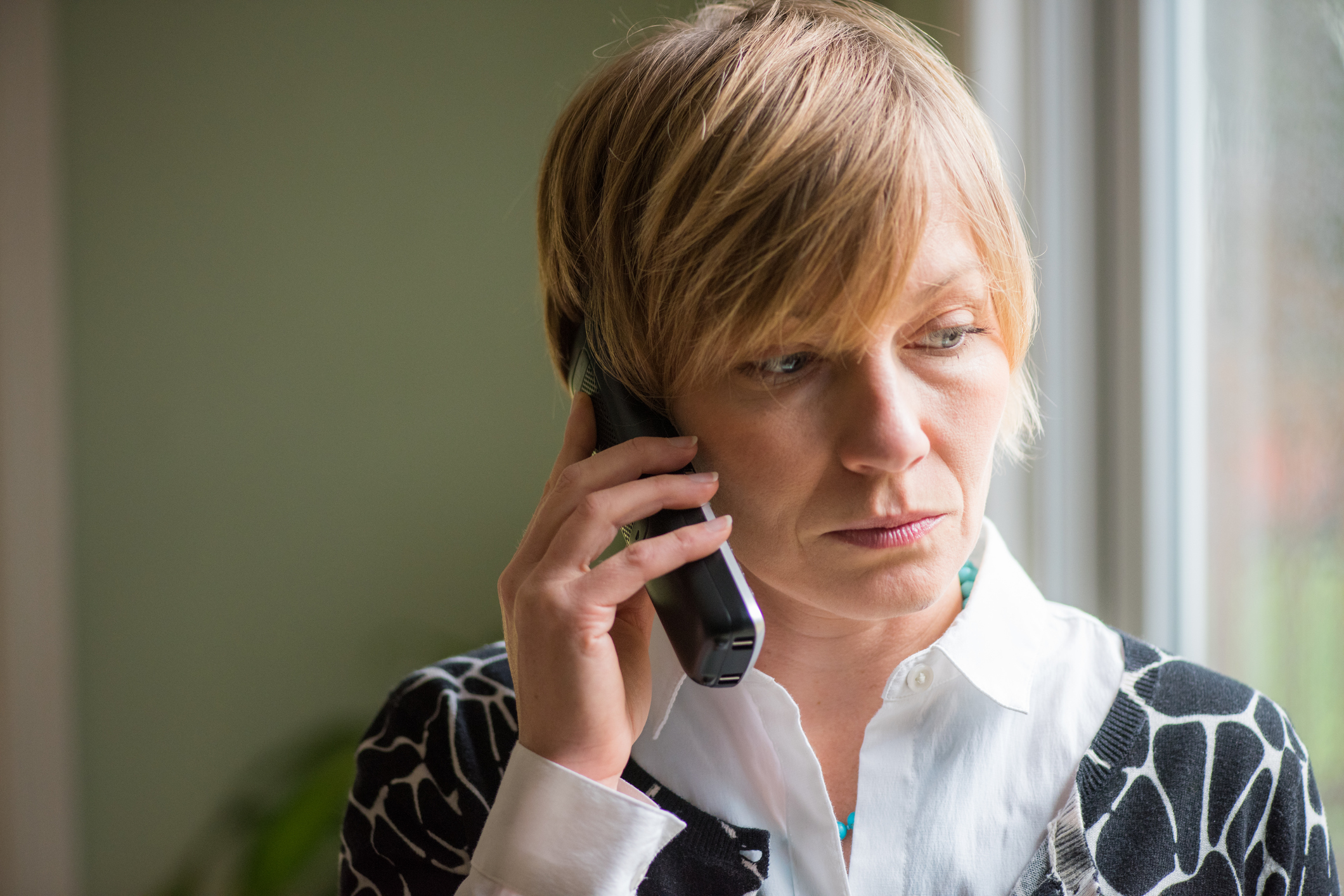Bone marrow biopsy for adults
This test involves taking a sample (biopsy) of your bone marrow and looking at it under a microscope.
What is a bone marrow biopsy?
A bone marrow biopsy involves taking a sample (biopsy) of your bone marrow and looking at it under a microscope.
Bone marrow is a spongy tissue inside your bones that produces blood cells. It is red in colour and looks very like blood.
This test gives your doctors more information about the structure of your bone marrow, the type of cells in your bone marrow and the number of cells in your bone marrow (too many or too few). It can help your doctors to:
- Identify and diagnose any abnormalities
- Decide on your treatment
- Monitor your disease
- Assess how your treatment is working
Preparing for a bone marrow biopsy
This test is usually done as an outpatient (you don't stay in hospital overnight), or it can be done on the ward.
Your medical team will tell you if there is anything you need to do beforehand, such as fasting.
You should let your medical team know if you are taking any medication, as you may need to stop taking certain medications before the procedure.
Before you have the procedure, you will have to sign a consent form. A doctor will speak to you about the procedure and will answer any questions you have.
Frequently asked questions about bone marrow biopsies
Many people have questions about this procedure. If you wish to discuss anything further before your test please do reach out to our nurses on our Freephone Support Line on 1800 200 700 or call into one of our Daffodil Centres.
Usually, a biopsy is taken from the back of the hip bone (pelvis). Sometimes it may need to be taken from the breast bone (sternum).
If you are having a biopsy taken from your hip bone, you will be asked to lie on your side with your knees tucked up to your chest. You will be helped to get into the right position for the doctor/nurse to get the best sample.
Antiseptic will be applied to the area to clean your skin and a local anaesthetic will be given to numb the area.
A needle is passed through your skin into your bone marrow. A tiny sample of bone marrow is then taken. This is called a bone marrow aspirate.
Doctors may also take a sample of bone to get more information about the bone marrow structure. When a tiny piece of bone or solid marrow is taken, this is known as a trephine biopsy. A different type of needle is used for this, but both samples can be taken during the same procedure.
When the sample has been taken, the doctor will remove the needle and apply a small dressing.
You might feel some discomfort or feel a pulling sensation during the procedure.
Local anaesthetic will be given and you might be offered sedation. If you are worried about the procedure, speak to your medical team beforehand.
You will be asked to lie on your back for 10–15 minutes to stop any possible bleeding.
As the local anaesthetic wears off, you might feel tender and sore. This can last for a few days. It is usually OK to take some mild painkillers when you get home - your medical team will advise you about this.
Usually, you can go home the same day as your procedure. If you were sedated, you will need someone to bring you home.
Your medical team will give you more information about care at home. They will give you instructions about how to look after your wound, how to manage any side-effects and who to contact if you are having any problems.
Your medical team will let you know when you should receive your results.
About 20-30 minutes.
Any side-effects are mild and should clear up quickly. For example:
- Bleeding: Where the needle goes in. If the bleeding is heavy, tell the hospital.
- Bruising: You may get a dark patch under your skin (haematoma).
- Infection: It’s possible to get an infection where the needle goes in, but it’s rare. If the area gets red or sore or you have a temperature, let the hospital know.
- Pain: Some people can experience pain after the local anaesthetic wears off. Your doctor or nurse will advice you about what pain relief to take if you need it.
Related links



Talk to a Cancer Nurse

Support Line
Our Daffodil Centres

